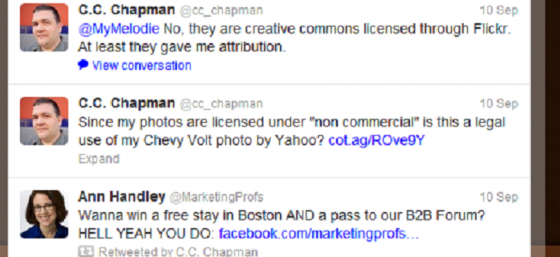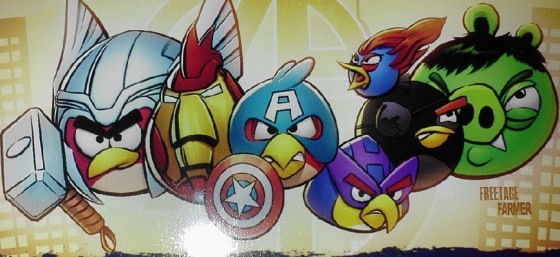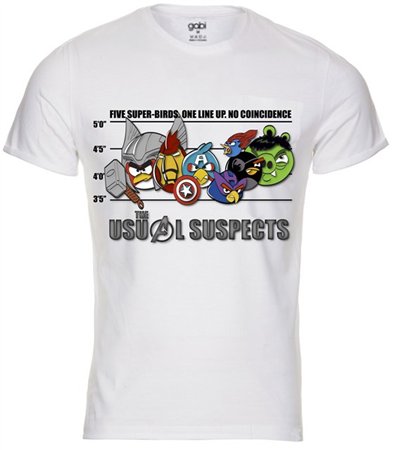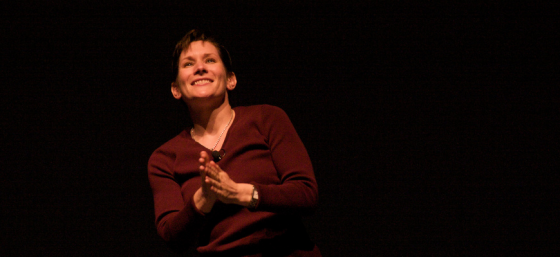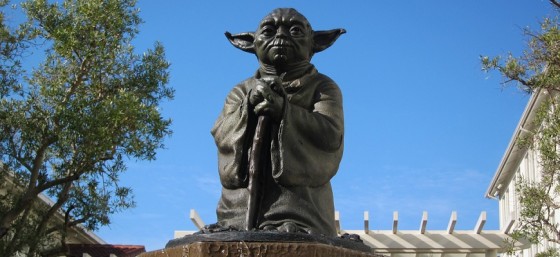
May 4th is Star Wars Day. May the 4th be with you! In light of this geeky holiday and the fact that I will be speaking about the legalities of fan fiction and fan art at Phoenix Comicon this year, I’ve been thinking about what the impact of the Disney buying Lucasfilm in 2012 will have on Star Wars fans.
George Lucas was known for encouraging fans to create fan art and fan fiction. This is an expression of love for Star Wars and gives fans a chance to connect in new ways. In contrast, Disney is known for sending cease and desist letters when they find that a day care or school shows Disney films or if a child-centered business has a mural of Disney characters painted on the wall.
I tell my fellow geeks who want to create fan art or fan fiction to do their research on whose work they want to emulate to see if the copyright holder will be likely to come after them if they discover what they’ve created. I haven’t heard of any Star Wars fans receiving a cease and desist letter from Disney since they’ve acquired Lucasfilm. I’ve sent a message to Disney corporate office asking about their official policy regarding Star Wars fan art and fan fiction.
If you get a cease and desist letter from Disney for your Star Wars fan fiction or fan art, you could try to make an argument that you’re not committing copyright infringement because what you created is protected by the concept of fair use. This is part of the Copyright Act that permits people to add original and transformative content to existing works. This law protects things like parodies.
Never forget that fair use is a defense, not a permission slip. To make a valid fair use argument, the copyright holder will sue you for infringement and then you’ll have to demonstrate to the court that your work qualifies as fair use. The court will consider four main factors:
- Purpose and character of your use of another’s work (Are you transforming the original?)
- Nature of the copyrighted work you’re copying
- Amount and substantiality of the copyrighted work used
- Effect on the market (Is your work a substitute for the original?)
This is somewhat a dangerous quest to take on. The general rule is “Disney never loses” when it comes to legal battles. I know of only person who fought Disney and won in a copyright situation.
If you create fan art or fan fiction or are considering creating original work based on an existing work and need to understand the legal risks that accompany your work, please contact a copyright attorney in your community. You can also check out my book The Legal Side of Blogging: How Not to get Sued, Fired, Arrested, or Killed for my thoughts on fair use.
You can also subscribe to the Carter Law Firm newsletter.
You can connect with me on Twitter, Google+, Facebook, YouTube, LinkedIn, or you can email me.
Please visit my homepage for more information about Carter Law Firm.
